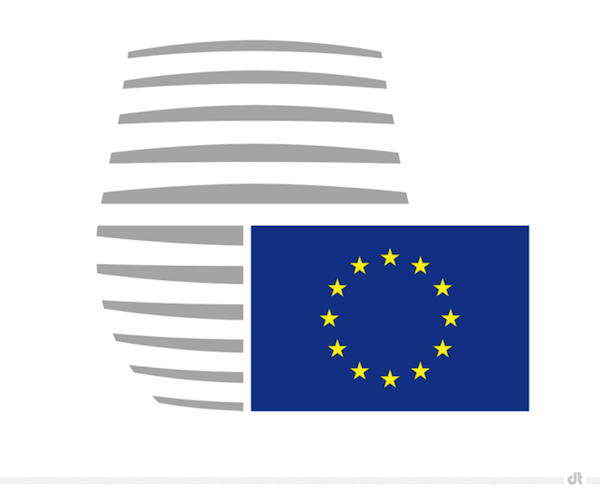The EYCS Council adopted several items in its meeting, including a recommendation on language learning and one on early childhood education and care.
During the Education, Youth, Culture and Sports (EYCS) Council meeting, EU education ministers adopted recommendations on comprehensive approach to the teaching and learning of languages and High-Quality Early Childhood Education and Care Systems. The first recommendation delves into potential ways to encourage young people to be proficient in two languages in addition to their mother tongue. The second encourages the Member States’ (MS) efforts to improve the accessibility and quality of their early childhood education and care systems. The education ministers also adopted conclusions on the implementation of the Council recommendation on upskilling pathways: new opportunities for adults. In this, they call on the MS to ensure long-term measures for adult upskilling and reskilling, including for basic skills provision to low-qualified adults. The session concluded with a policy debate on the topic ‘Building the future of Europe: the contribution of education and training to strengthening social cohesion’, during which the Ministers reflected on the forthcoming steps to achieve a European Education Area by 2025, focusing on social cohesion. The French delegation also presented the country’s bid to host the WorldSkills Competition in 2023.
EU ministers responsible for youth issues adopted conclusions on young people and the future of work aiming to address the issues of insecurity and precarious work conditions. Wary of the high youth unemployment across the EU and cognizant of the changing working patterns in Europe, the Youth ministers intend to tackle said issues by encouraging adaptable and responsive education and training systems as well as the promotion of lifelong learning. Furthermore, the measures in the conclusions include a smoother transition from school to work and between jobs and an equal access to quality jobs for all young people. Youth ministers also adopted a resolution on establishing guidelines on the governance of the EU Youth Dialogue, in which they amongst others propose to create fora for youth stakeholders across Europe. The Youth Dialogue will support the overall objectives of the EU Youth Strategy by fostering the participation of a gender-balanced, diverse youth in the European democratic life. Against that background and the 2019 European elections, the Council also held the ‘Young people as agents of democracy in the EU’ debate, kicked-off by two students.
The next EYCS meeting will take place on the 08 November 2019 under the Finnish presidency of the Council of the EU.

